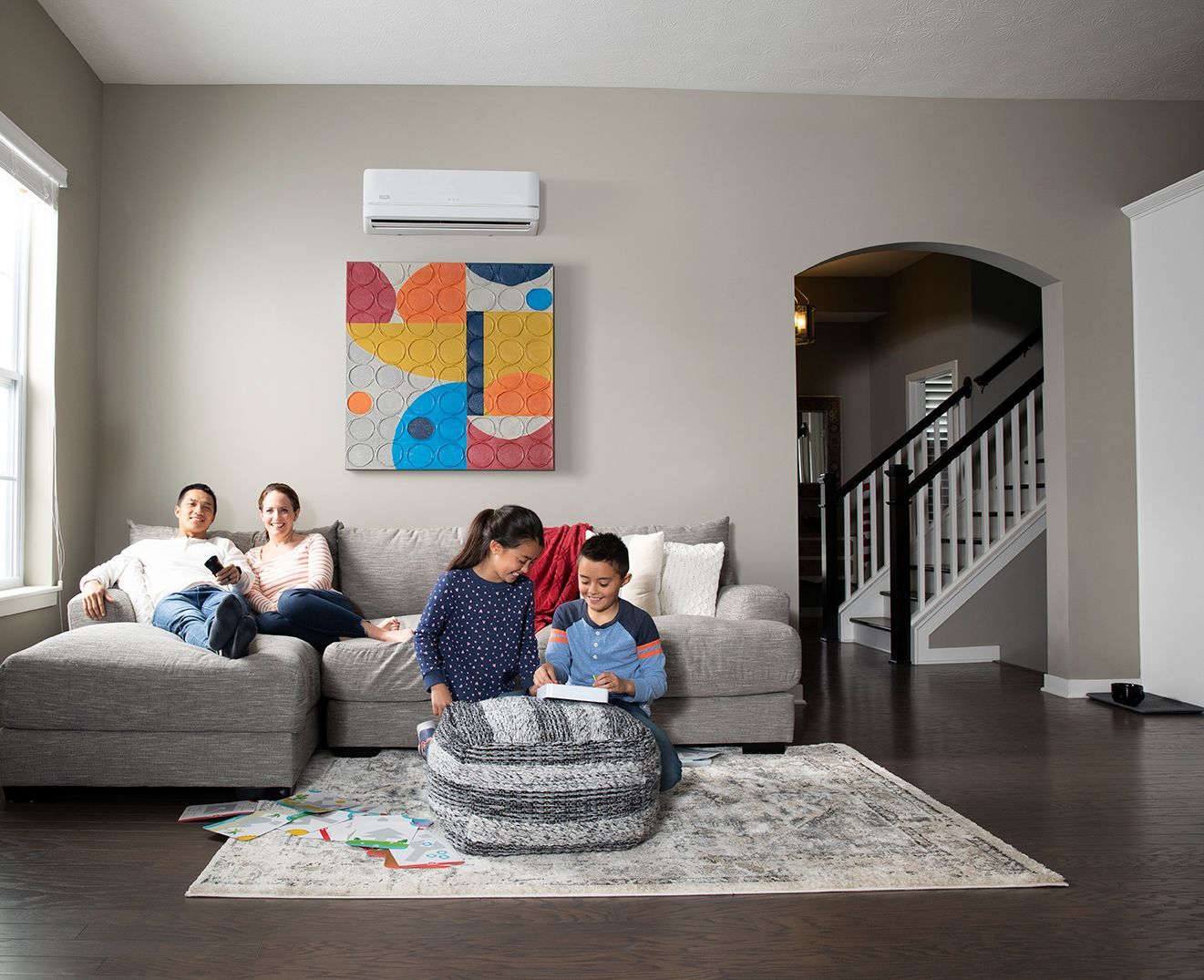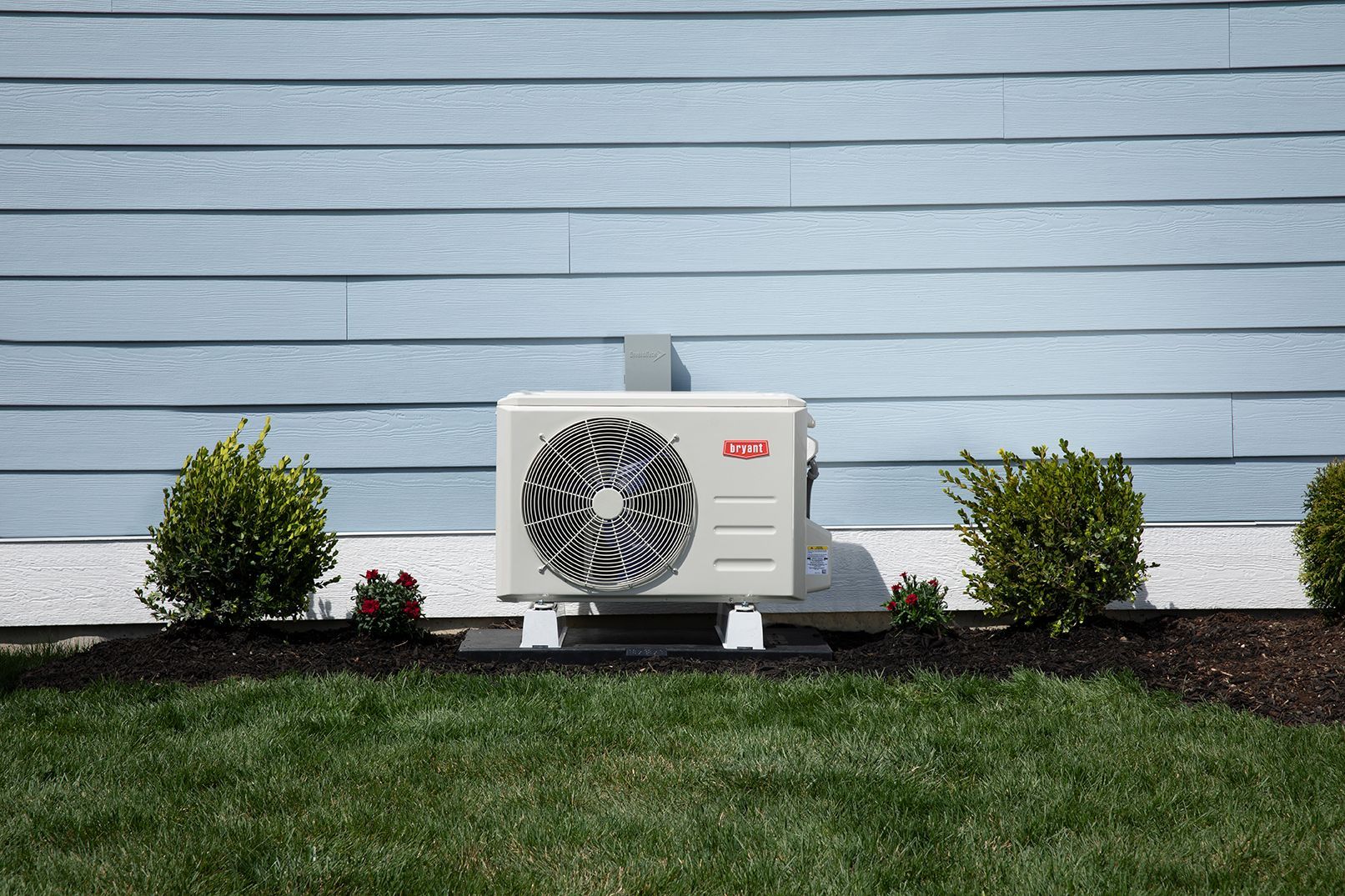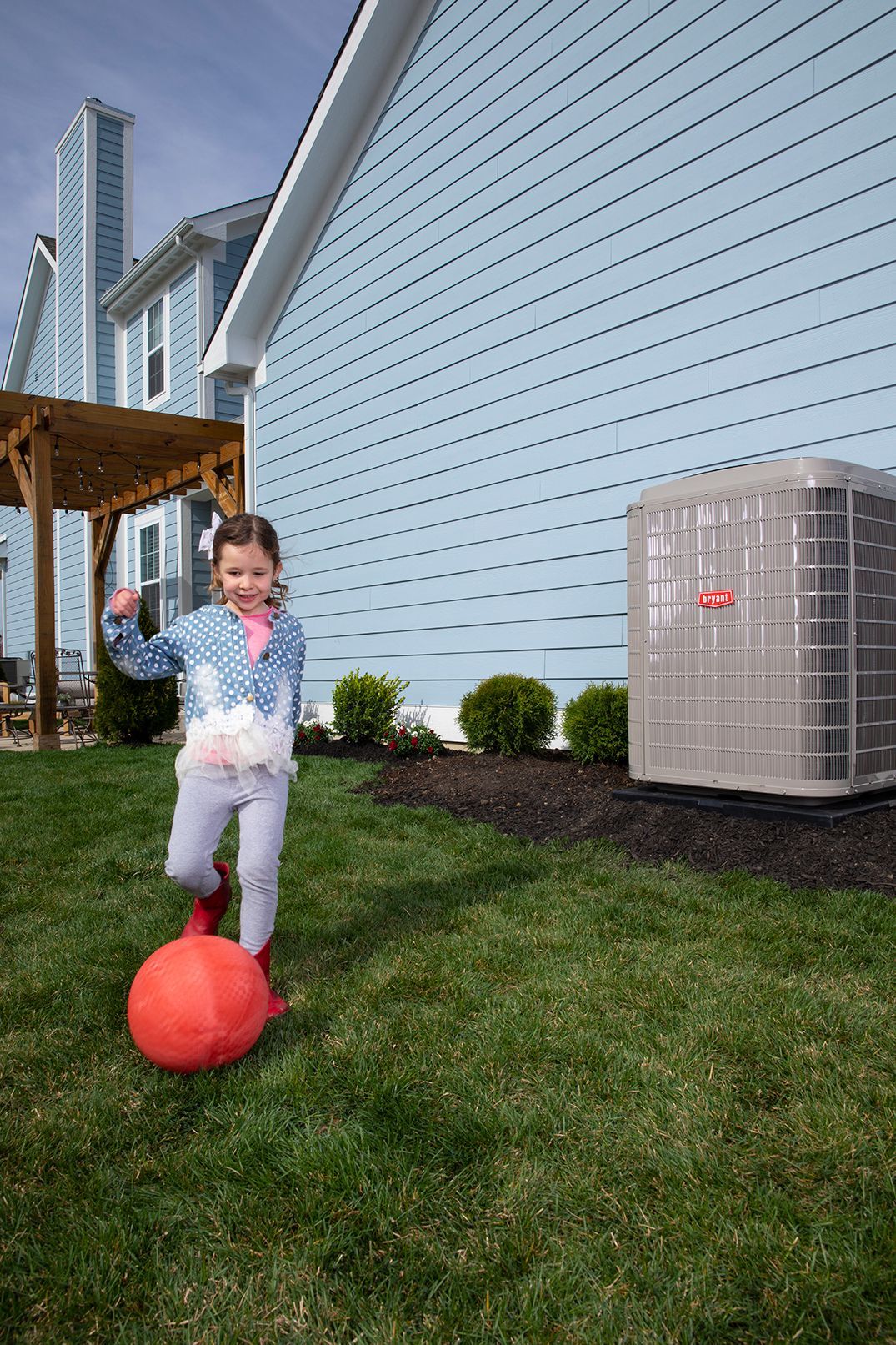VOC's Risks and Solutions

Volatile Organic Compounds (VOCs) are gases emitted from certain solids or liquids, including many household products, that can compromise indoor air quality. Found in paints, cleaning supplies, adhesives, and even furniture, VOCs evaporate at room temperature, releasing harmful chemicals into the air.
Common Sources of VOCs
Household items like aerosol sprays, air fresheners, pesticides, and new carpets often contain VOCs. Building materials, such as plywood or vinyl flooring, may also release formaldehyde, a known VOC. Even everyday activities like cooking or using printers can contribute to VOC levels.
Health Impacts
Short-term exposure to VOCs can cause headaches, dizziness, and throat irritation. Long-term exposure may lead to more serious issues, including liver or kidney damage and increased cancer risk. Those with asthma or chemical sensitivities are particularly vulnerable.
Reducing Exposure
To minimize VOC levels:
- Ventilate spaces when using VOC-emitting products.
- Choose low-VOC or VOC-free alternatives for paints, cleaners, and furnishings.
- Use air purifiers with activated carbon filters to trap gases.
- Store chemicals properly in well-ventilated areas away from living spaces.
Choose A Superior Air Conditioning Company For Your Indoor Air Quality Needs
Awareness of VOC sources and proactive measures can significantly improve indoor air quality. By reducing exposure and investing in air-quality solutions, homeowners can create a healthier environment for their families. Call our team for your indoor air quality appointment today!





